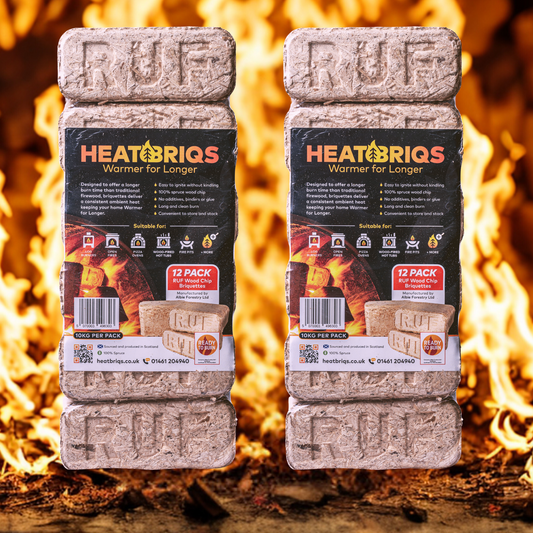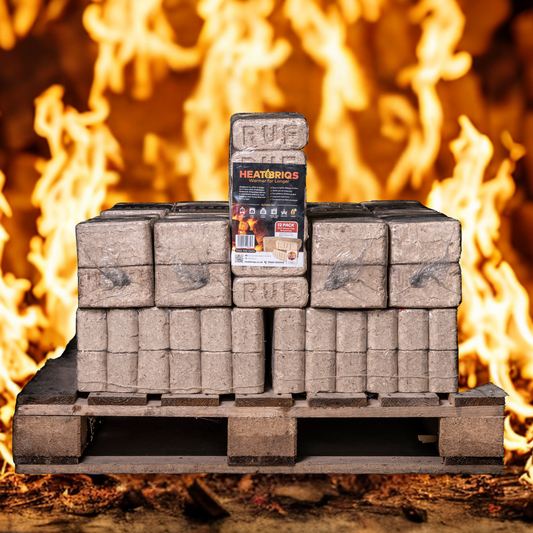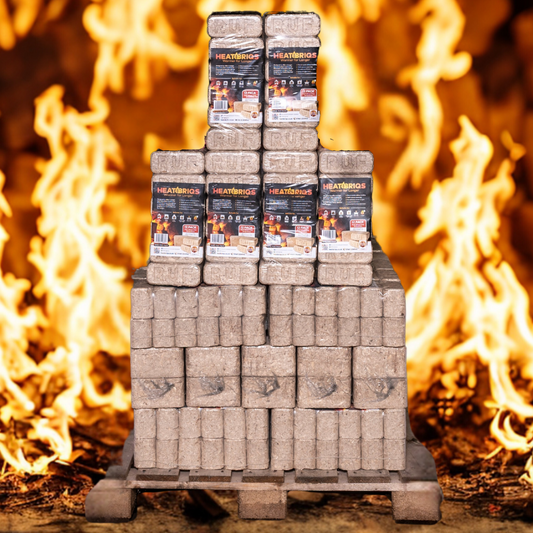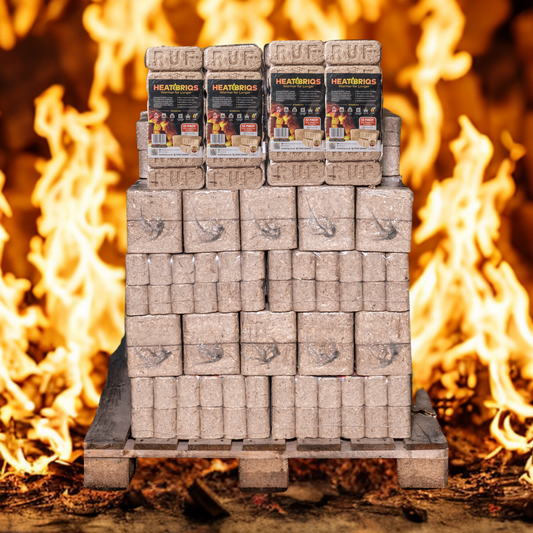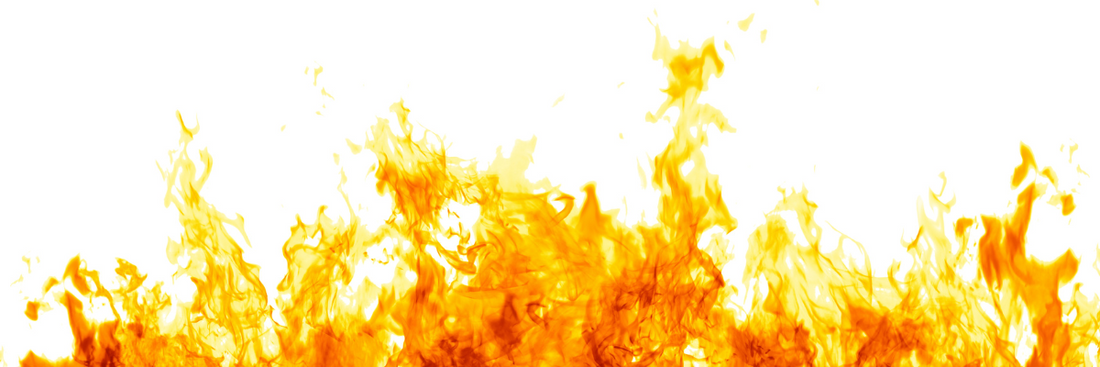
Burning Briquettes in Stoves & Open Fires
When it comes to heating your home, firewood briquettes are an increasingly popular alternative to traditional firewood. They’re efficient, eco-friendly, and incredibly versatile, working well in both stoves and open fires. In this blog post, we’ll explore why briquettes are a fantastic fuel option, how to use them in stoves and open fires, and some tips to get the most out of your burn.
![]()
Burning Briquettes in Stoves
Wood-burning stoves are designed to maximise heat output, and briquettes are the perfect partner for these appliances. Here’s how to use them effectively:
Start Small
Begin by placing four briquettes in your stove, along with firelighters. Avoid overloading the stove, as briquettes burn hotter than traditional wood.
Adjust Airflow
Briquettes ignite easily, so you’ll only need to leave the air vents open for a short time before reducing the airflow for a controlled burn.
Monitor the Heat
Briquettes can produce intense heat, so pay attention to the stove’s temperature to avoid overheating.
Easy Maintenance
After burning, you’ll notice minimal ash, making clean-up quick and hassle-free. You don't need to keep emptying your ash trays as often.
![]()
Burning Briquettes in Open Fires
Open fires are all about ambiance, and briquettes deliver the warmth and cozy glow you’re looking for. Here’s how to use them:
Build Your Fire
Use four briquettes, and light with firelighters.
Let the Air Flow
Unlike stoves, open fires rely on natural airflow, so ensure the briquettes are loosely stacked for proper ventilation.
Consistent Flames
Briquettes burn evenly, providing a beautiful flame that’s perfect for open fires.
Longer Burn Time
You’ll spend less time adding fuel as briquettes last much longer than traditional logs.
![]()
Tips for Burning Briquettes
Store Them Properly
Keep briquettes in a dry place to maintain their quality and prevent them from absorbing moisture.
Don’t Overload
Briquettes burn hot, so a small amount goes a long way. Adding too many at once can produce excessive heat.
Eco-Friendly Disposal
The small amount of ash produced can often be used as a natural fertilizer in your garden.

